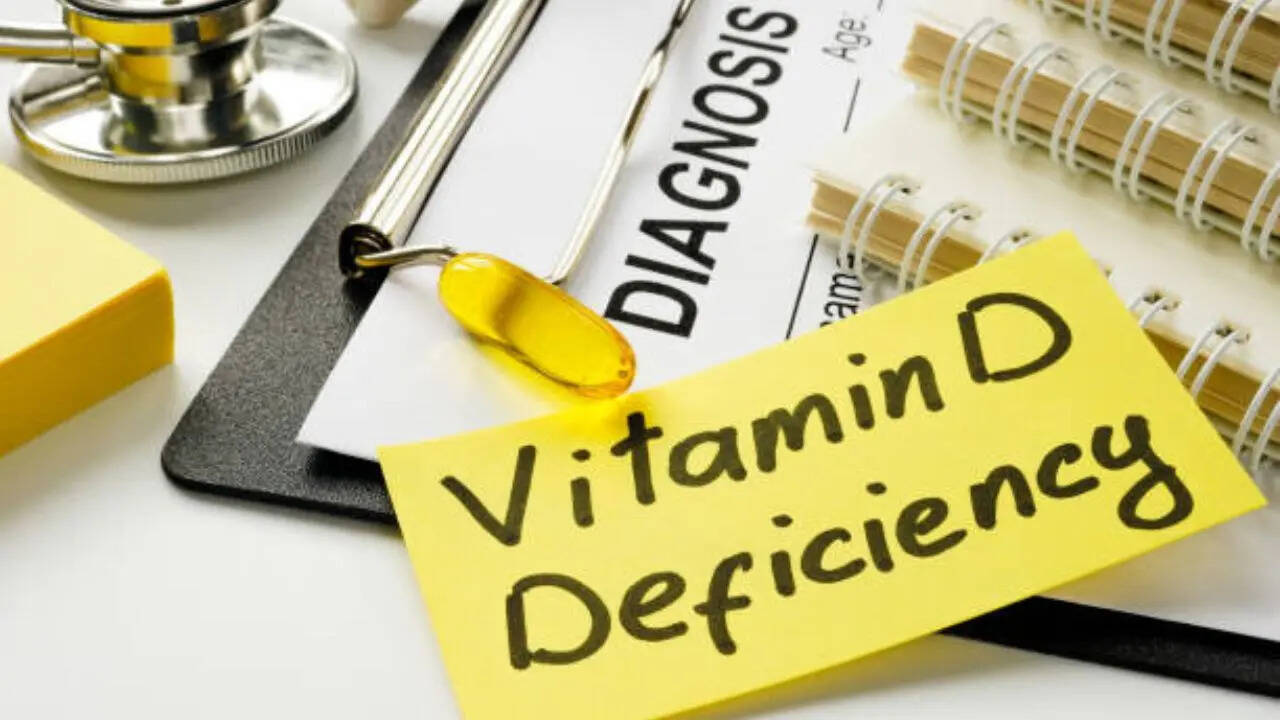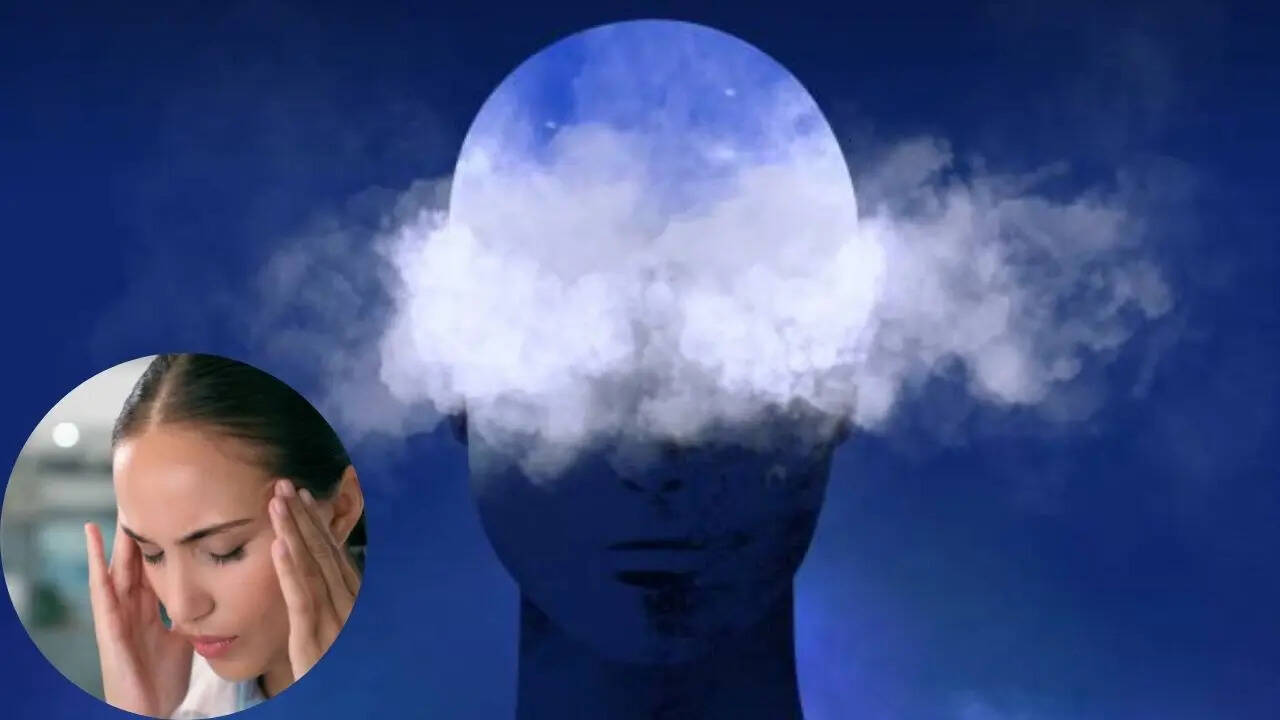
Vitamin D is a fat-soluble vitamin essential for health. Not only does it keep your bones strong, but it also improves your mental health and is a great help to give you regulated and uninterrupted sleep. However, according to experts, almost one in four adults across the world today are deficient in vitamin D.
Doctors say those lacking in this nutrient struggle with fatigue, depressive symptoms, and bone issues. However, by carefully noticing a few signs and symptoms, you can check whether you have vitamin D deficiency.
Ways to check vitamin D deficiency
Related News |

Most Essential Nutrients Your Body Needs To Stay Healthy

6 Sneaky Signs of Vitamin B12 Deficiency and How You Can Get Over It in No Time

Most Essential Nutrients Your Body Needs To Stay Healthy

6 Sneaky Signs of Vitamin B12 Deficiency and How You Can Get Over It in No Time
Hair loss
Hair loss is among the common signs of vitamin D deficiencies because it disrupts the hair growth cycle and affects keratinocytes—a type of cell that is important for hair growth.
Back pain
Vitamin D deficiency causes back pain as it leads to muscle weakness in the back, neck, and waist. This weakened muscle strength can increase stress on the back and neck muscles, which causes pain. Related News |
Why Is Brain Fog Spiking in India? Here's How You Can Take Care of Your Cognitive Health
Constant tiredness
People who do not have enough vitamin D often experience constant fatigue even though they are otherwise healthy. Given that vitamin D plays a crucial role in cell metabolism and aids mitochondria in utilizing oxygen to produce bodily energy, having insufficient levels can lead to persistent feelings of exhaustion and depletion, irrespective of whether one enjoys good sleep quality and maintains an overall healthy way of life.
Anxiety
Reduced amounts of vitamin D have been linked to heightened anxiety symptoms. Consequently, vitamin D plays a crucial role in maintaining the well-being of the brain and nervous system because of its strong antioxidant characteristics.
Loss of appetite
Vitamin D plays a crucial role in muscle function, nerve health, and immune response. Although it might not directly impact your weight, associated elements certainly influence whether you lose or gain weight.
Depression
Lack of Vitamin D is linked to depression and various mental health issues, and taking supplements of this nutrient can aid in treating depression.
Poor sleep
A lack of Vitamin D can lead to reduced sleep quality. This nutrient’s receptors are present all over the body, including within the central nervous system, where they play a key role in managing the sleep cycle and supporting restorative sleep. If your Vitamin D levels drop too low, these receptors might not work as effectively as needed.
Slower wound healing
Vitamin D aids in wound recovery by boosting the creation of substances that generate new skin tissue and by managing inflammation and infections. Nonetheless, an absence of this component can impede the healing process.Should you recognize any of these signs, consult your main healthcare provider. A blood test to assess your Vitamin D levels would be advisable, followed by appropriate treatment.
Foods that are naturally high in vitamin D
According to experts, the main and best source of vitamin D is fish. However, a few others include:
- Oily fish such as salmon, trout, tuna, and mackerel
- Canned fish like herring and sardines
- Egg yolks
- Beef liver
- Fish liver
A few other naturally occurring vitamin D foods include:
- Breakfast cereals
- Milk
- Almond milk
- Soy milk
- Orange juice
- Oatmeal
Apart from these foods, experts also recommend you sit in sunlight daily for at least 10-15 minutes for your body to create its vitamin D.
